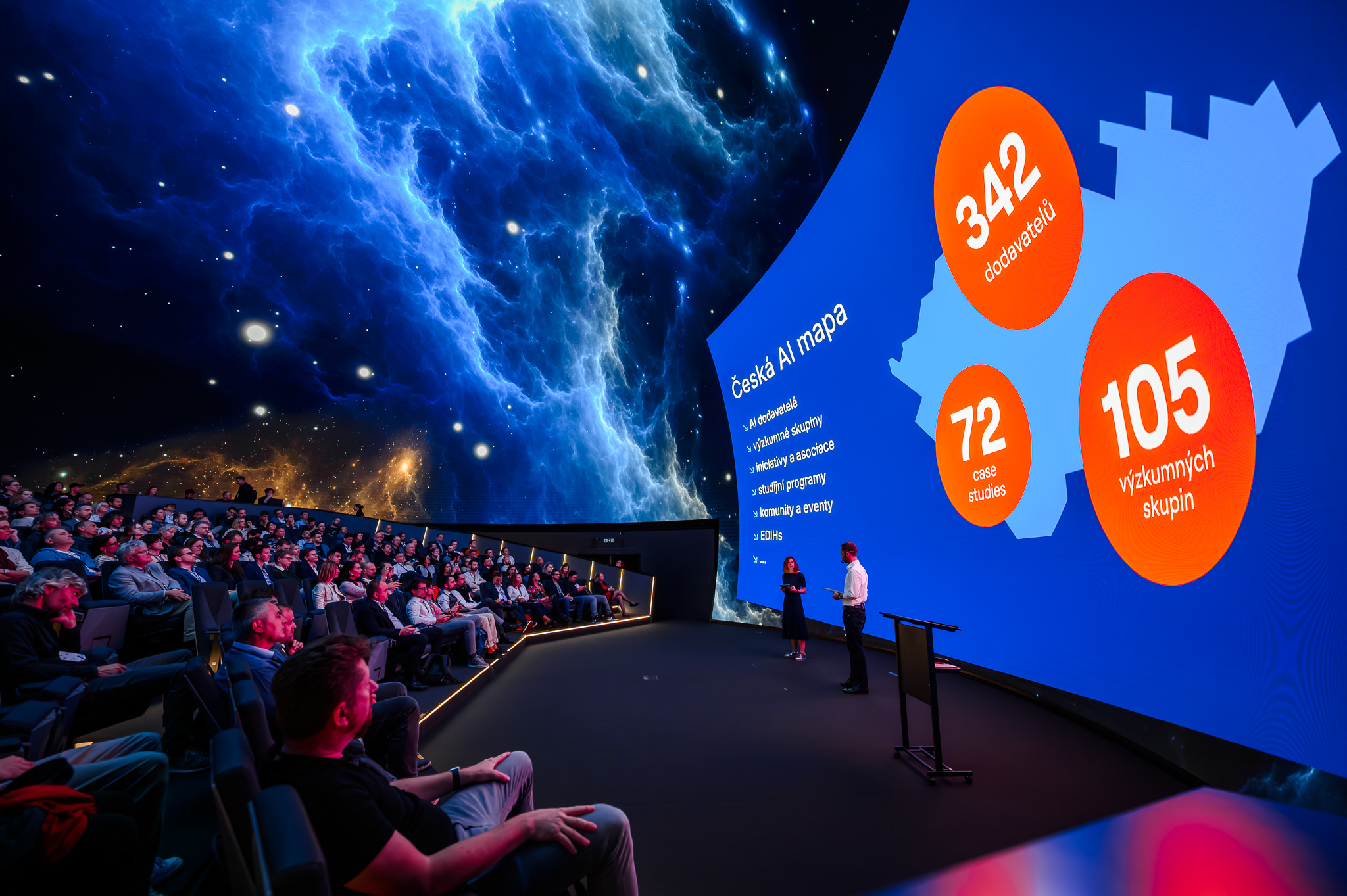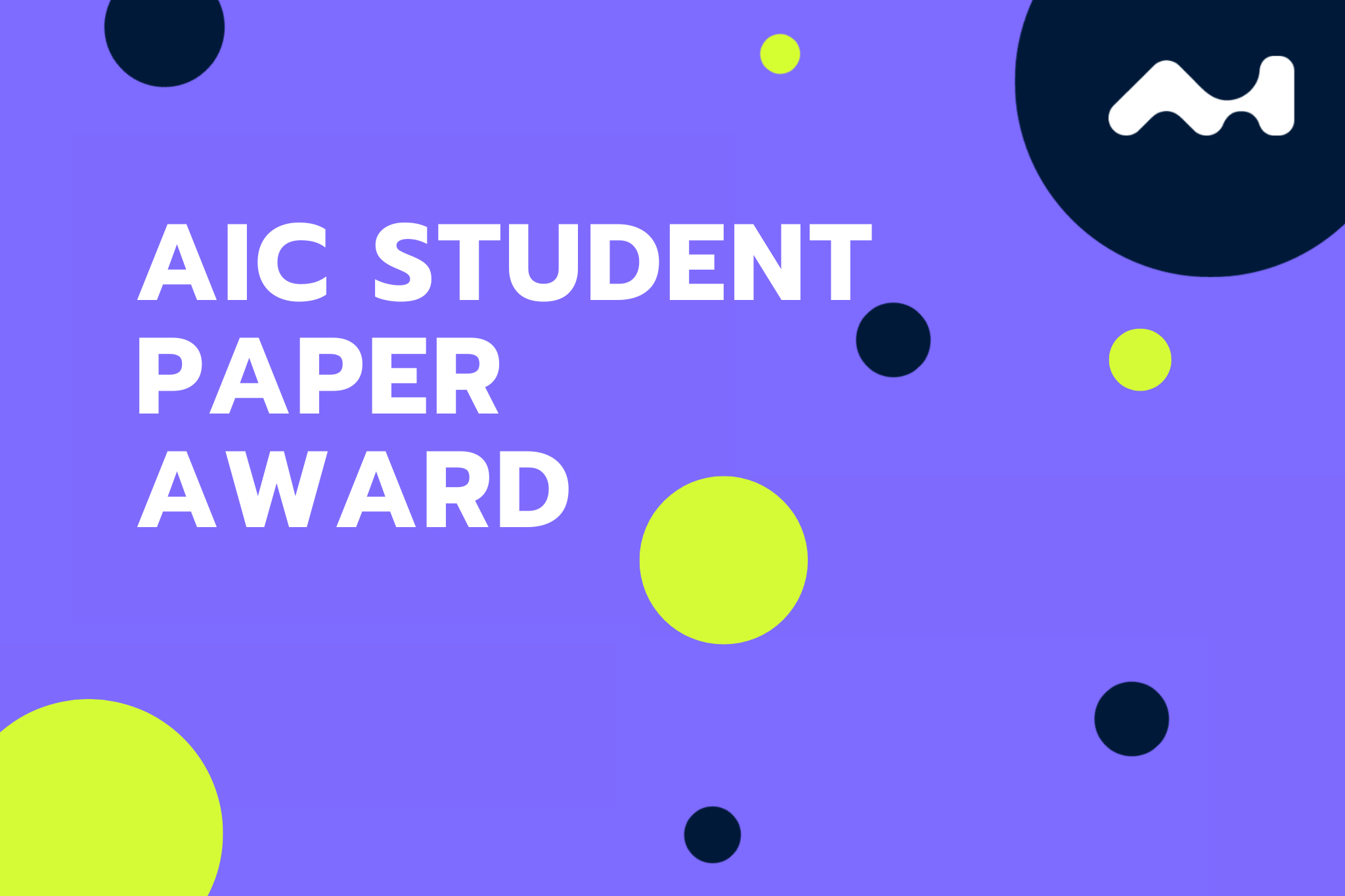Currently our Ph.D. student, Janota succeeded with his Master's thesis on tracking honeybee behavior with robots.
His work earned him second place in the prestigious IT SPY competition which awards best informatics thesis of the year in Czechia and Slovakia. Janota competed with the thesis Honeybee comb mapping using a robot showcasing how robotics and artificial intelligence can advance ecological research and support beekeeping practices.

Innovative Technology for Honeybee Research
Supervised by Jan Blaha (also from our AI Center), Janota developed an algorithm that enables robots to autonomously map honeycombs over time using computer vision. This work resulted in a detailed semantic map that identifies and monitors honeycomb cells and their contents, providing valuable insights into hive health and dynamics.
The project is part of the international RoboRoyale project, which uses autonomous robots to study the behavior of bee colonies. These efforts are critical to preserving bee populations, which play a vital role in global ecosystems as key pollinators.

Reflections on Success
Sharing his thoughts on the competition, Janota said: "Competing in IT SPY was an honor and a valuable experience. Of course, I was thrilled to secure a spot on the podium, but my primary hope is that my work finds application not only in our RoboRoyale and SensorBees projects but also among biologists and everyday beekeepers."
Advancing Sustainability Through AI
Janota’s research highlights how AI can address pressing global challenges. By enabling precise hive monitoring, his work contributes to efforts to protect honeybees, enhance biodiversity, and ensure food security. His achievement underscores the AI Center’s commitment to responsible and impactful research, showcasing the potential for young researchers to make a meaningful difference through science.
.png)




